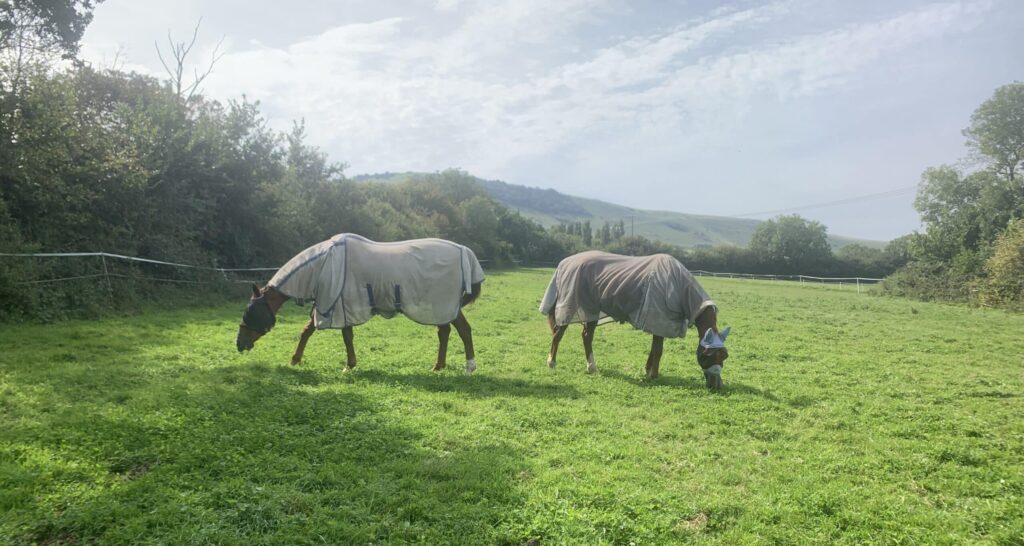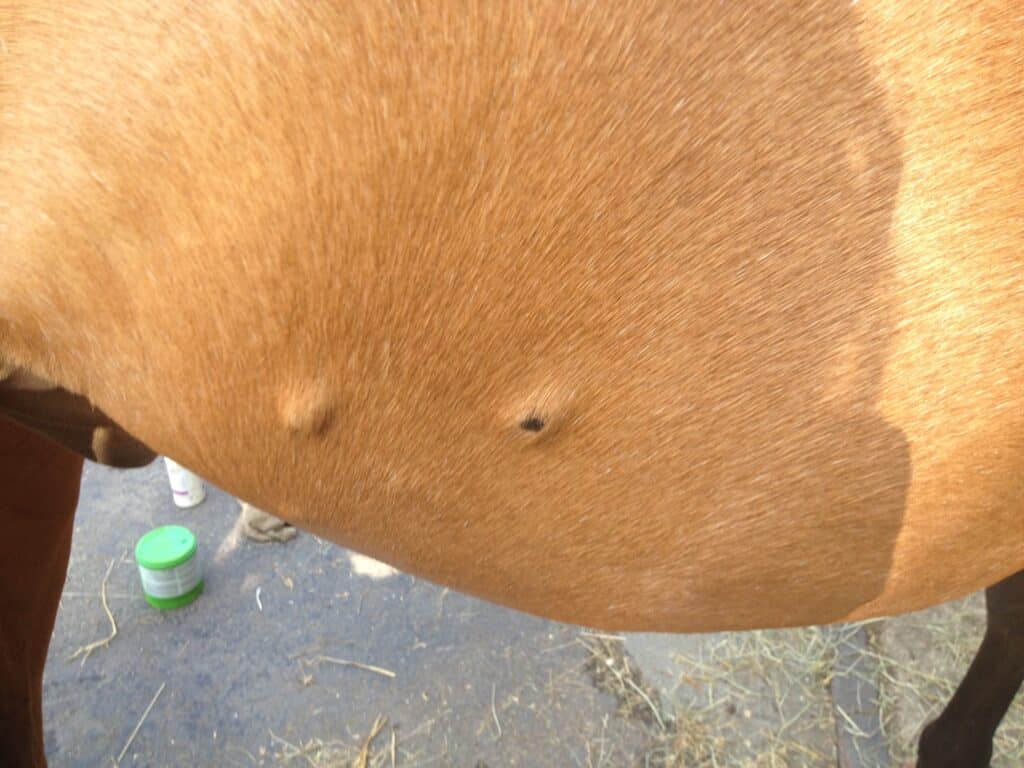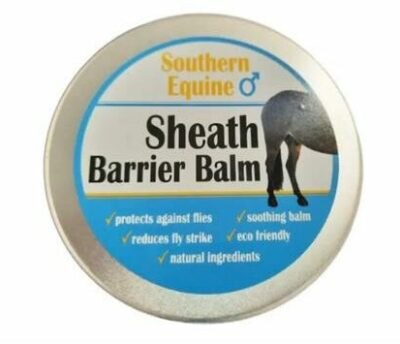Featured, First Aid, Veterinary
Does my horse have a horsefly bite or could it be an abscess?
The Horse Hub asks Equine vet Alex Paterson, how to identify and manage horsefly bites and other painful swellings on horses
There have been endless requests on social media groups over the last few weeks, for help with horses being badly bitten either by midges, horseflies or other airborne nasties. So, here is some expert advice on how to identify what might be attacking your horse and, how to identify, treat and preferably prevent nasty bites.
Midges
If your horse is thin skinned midge attacks can be very distressing. A good fly rug, fly fringe or other facial protection is needed overnight, along with the best fly repellent you can find. Those containing neem seem to be very effective!
However, if your horse is really struggling with midges or has sweet itch, the kindest and most effective protection is to keep them in overnight, turning out during the day, after dawn and bringing before dusk. Not possibly the most convenient for owners who often like to turn out overnight but essentially, the best option for a sensitive horse.

Bites
There are some particularly huge horseflies around this year. Along with normal biting flies they can inflict a nasty bite, sometimes several centimetres in diameter. If not treated carefully these can become infected.
Horsefly bites are generally oval and ‘volcano’ shaped, with a hard point in the centre and a softer outer edge. They maybe hot to touch and sometimes sore, in which case cold hosing for 10 minutes or so can help alleviate these symptoms.
Topical applications you could use include:
- Calamine
- Antihistamine cream
- Castor and zinc cream
- E45
- Savlon (in an emergency)
- A steroid cream can be used under veterinary supervision.
- Sudocrem is not generally recommended in these cases as it is a bit too sticky
- Horsefly bites are very painful so analgesic bute may be required as well as antibiotics
- Silver creams are also very effective (eg flamazine) but, can be more expensive
If the bite is in the saddle area, do not ride until it is resolved or, you may find an infection develops, which will take longer to heal and need additional veterinary attention.

Could it be an abscess?
If you think your horse has an abscess or unidentified swelling, it is always wise to ask your vet for advice.
Abscesses are usually round in shape and much harder than a fly bite. Initially as an abscess forms it may not seem painful. But, as it develops it will become hot and painful to touch.
- If possible, encourage the abscess to develop with warm poulticing.
- Once it has burst, keep the site open to allow it to drain fully and, bathe at least once daily with warm saline.
- As the site shrinks and the swelling goes down it will heal naturally on its own.
- If the swelling and a discharge persists, talk to your vet again.
Often painful, reoccurring abscesses or swellings can be the result of a foreign body. These may need veterinary exploration although sometimes the foreign body can eventually work its way out, depending on its size and position on the horse’s body.
Any swellings under the throat could be strangles, however, your horse will likely be showing other signs of being unwell at this point, so your vet should already be on the case!
Further reading: What is my horse allergic to – is it sweet itch or something else?
EQUINE SHEATH BARRIER BALM
Is your horse eaten alive by midges? Equine Sheath Barrier Balm is a protective balm produced by sheath cleaners right here in the UK to help protect sensitive horses – both geldings and mares, against flies. It reduces the chances of fly strike while also helping to soothe swollen sheaths and reduce inflammation.

Benefits:
- Protects against flies
- Soothing balm
- Reduces fly strike
- Natural ingredients
- Eco-Friendly
- Made in the UK
Swollen Sheaths
Creating a barrier with EQUINE SHEATH BARRIER BALM, will prevent flies from landing on the sheath surface, which can reduce sheath swelling during the summer months.
Flies typically hate eucalyptus and lavender, making any areas the balm is applied to less attractive for them to be around. Lavender also has anti-inflammatory properties and is an antihistamine. Together with natural beeswax these ingredients make a naturally healing, soothing balm.
For more information visit:
Southern Equine Sheath Cleaning
or: Purchase here
